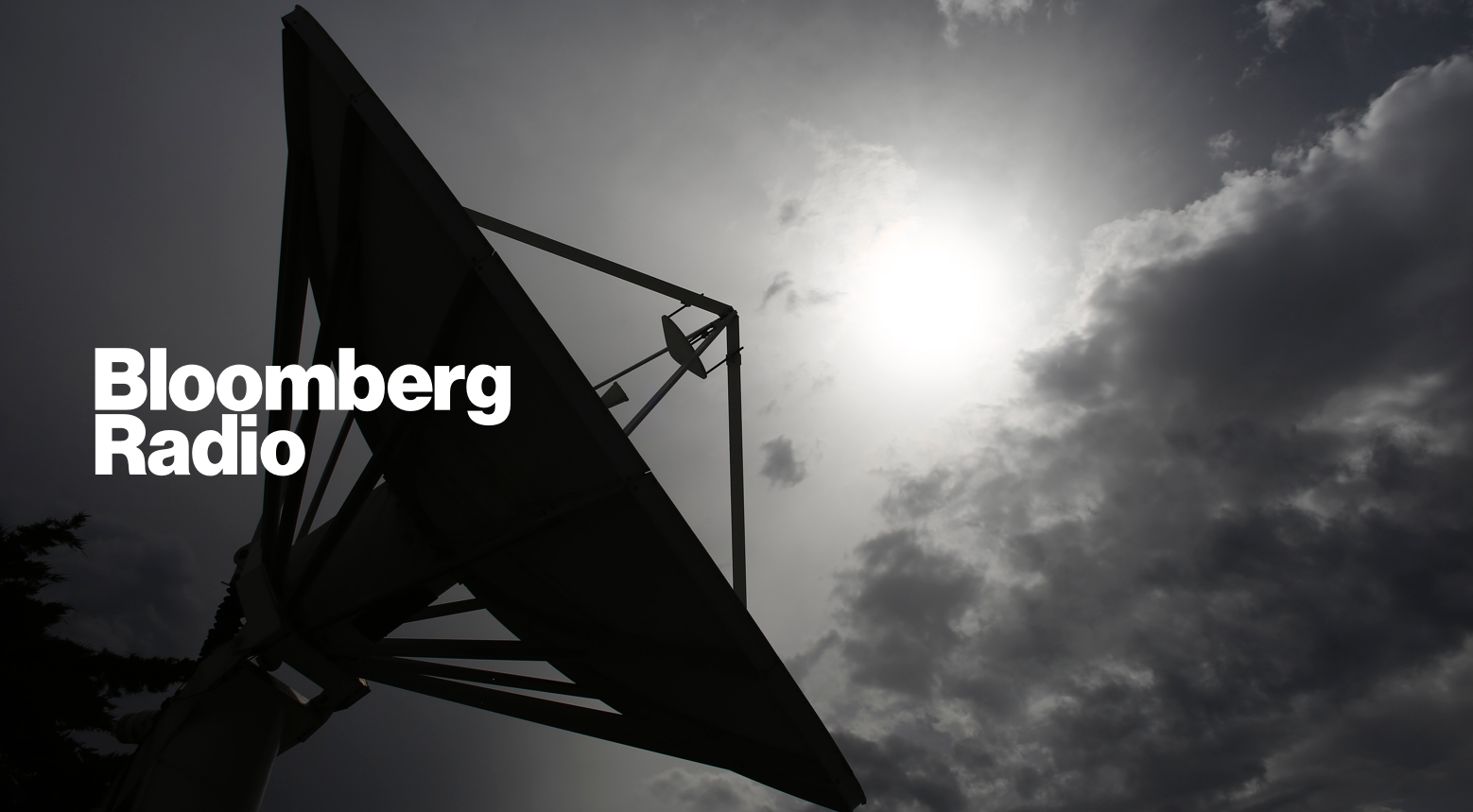July 29, 2020
Chair Powell’s Press Conference FINAL
Page 1 + 2 of 29
See link at left
Transcript of Chair Powell’s Press Conference
July 29, 2020
CHAIR POWELL. Good afternoon. The pandemic continues to cause tremendous
human and economic hardship here in the United States and around the world. The most
important response to this public health crisis has come from our health-care workers, and we
remain grateful to them and to the many other essential workers for putting themselves at risk
day after day in service to others and to our country. All of us have a role to play in our nation’s
response to the pandemic. At the Federal Reserve, we remain committed to using our tools to do
what we can, and for as long as it takes, to provide some relief and stability, to ensure that the
recovery will be as strong as possible, and to limit lasting damage to the economy.
In recent months, economic activity picked up as the economy began to reopen. Many
businesses opened their doors, factories restarted production, and more people left their homes to
engage in various activities. As a result, household spending looks to have recovered about half
of its earlier decline, although spending for services such as air travel and hotels has shown much
less of a pickup. The recovery in household spending also likely owes to federal stimulus
payments and expanded unemployment benefits, which provided substantial and timely support
to household incomes. In contrast, indicators of business fixed investment have yet to show a
recovery. Even with the improved economic news in May and June, overall activity remains
well below its level before the pandemic, and the contraction in real GDP in the second quarter
will likely be the largest on record.
The labor market has followed a similar pattern. After precipitous drops in March and
April, employment rose strongly in May and June as many people returned to work from
temporary layoffs. As a result, of the roughly 22 million jobs that had been lost, about one-third
had been regained as of the June payroll report. The unemployment rate declined in May and
July 29, 2020 Chair Powell’s Press Conference FINAL
Page 2 of 29
June but, at 11.1 percent, remains far above its level before the outbreak and greater than the
peak during the Global Financial Crisis. In addition, the downturn has not fallen equally on all
Americans, and those least able to bear the burden have been the most affected. In particular, the
rise in joblessness has been especially severe for lower-wage workers, for women, and for
African Americans and Hispanics. This reversal of economic fortune has upended many lives
and created great uncertainty about the future.
The pandemic has also left a significant imprint on inflation. For some goods, including
food, supply constraints have led to notably higher prices, adding to the burden for those
struggling with lost income. More broadly, however, weaker demand, especially in sectors—
such as travel and hospitality—that have been most affected by the pandemic, has held down
consumer prices, and, overall, inflation is running well below our symmetric 2 percent objective.
Along with the recent increases in economic activity have come new challenges. After
declining gradually from a peak near the end of April, the number of COVID-19 cases has
increased sharply in many parts of the country since mid-June. We have thus entered a new
phase in containing the virus, which is essential to protect both our health and our economy. As
we have emphasized throughout the pandemic, the path forward for the economy is
extraordinarily uncertain and will depend in large part on our success in keeping the virus in
check. Indeed, we have seen some signs in recent weeks that the increase in virus cases and the
renewed measures to control it are starting to weigh on economic activity. For example, some
measures of consumer spending based on debit card and credit card use have moved down since
late June, while recent labor market indicators point to a slowing in job growth, especially
among smaller businesses. A full recovery is unlikely until people are confident that it’s safe to
reengage in a broad range of activities.
July 29, 2020 Chair Powell’s Press Conference FINA


